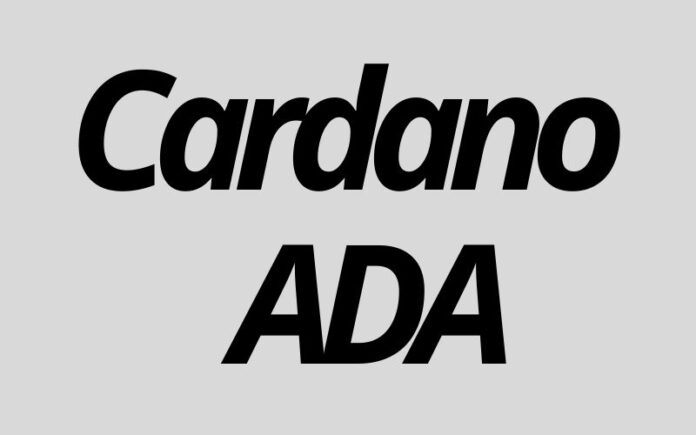Kraken, one of the world’s largest exchanges, has recently published an article to highlight the major difference between Cardano, the largest proof-of-stake (PoS) blockchain, and Ethereum, the largest smart contracts platform.
In the last few days, Cardano and Ethereum have been going head to head in terms of transaction volume. And Cardano, in these scenarios, has been proving to be the major Ethereum competitor in the crypto space.
Read Also: Cardano Had Relatively Low Transaction Fees in 2021 Compared To Visa, Ethereum, Bitcoin, Stripe
In the post, Kraken pointed out that Cardano blockchain is majorly designed to allow the transaction of its native token ADA and to give developers the enablement to securely build decentralized applications (DApps) on it.
Cardano’s Research Driven Approach
According to Kraken, a research-driven approach to design makes Cardano blockchain stand out among other competitors, especially Ethereum.
Kraken Exchange noted:
“Cardano differs from other blockchain projects by emphasizing a research-driven approach to design, aiming to achieve an academic rigor it believes will propel adoption of its technology.
“While Cardano may not promise new ground-breaking features, users and developers may find its cryptocurrency offers appealing optimizations based on scientific research and formal verification, a process by which its code is verified mathematically.”
Read Also: Cardano-Based Decentralized Exchange Minswap to Launch on Public Testnet on 25th January
The crypto exchange also emphasized Cardano’s mode of releasing products since 2017, stating that all have been playing out in phases:
“Cardano is released in phases and has seen 5 major platform upgrades since 2017, including Byron, which enabled the transfer for ADA cryptocurrency for the first time and Voltaire, which introduced a new model for how users could fund development for software changes.”
Cardano’s Plan to Boost Capacity and Performance as More Projects Launches
In the last few days, there has been an increase in activity on the Cardano blockchain, which calls for a boost in the network’s capacity.
In this regard, on 20th January, IOG announced the start of the update proposal process to boost the scalability of Cardano’s smart contracts platform, Plutus.
Read Also: Charles Hoskinson Outlines Developments He Expects Cardano to Complete In 2022
According to the announcement, the process is targeted at increasing the Plutus script memory by 1.2M on the Cardano mainnet. The increment is expected to become effective from 25th January at 21:44:51 UTC.



